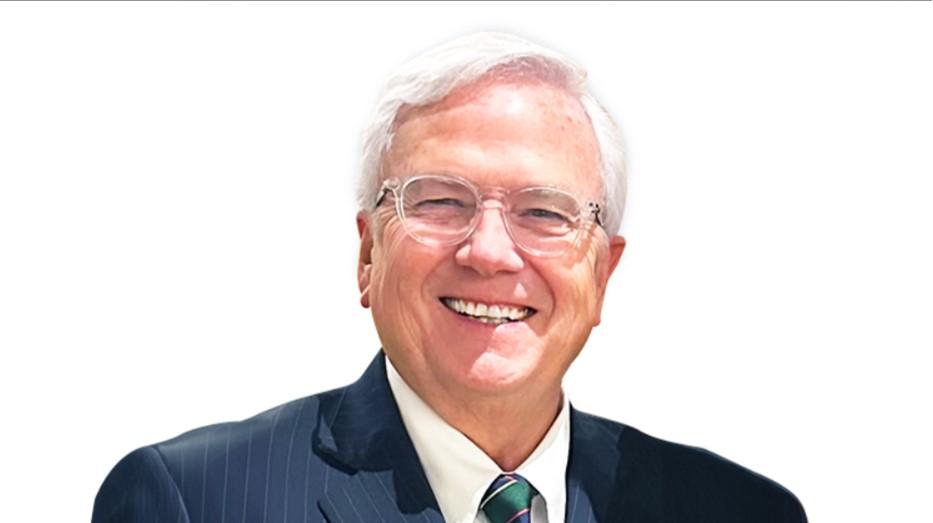With a career spanning over five decades, Tom Stultz got his start writing obituaries for a local Kentucky newspaper, the Ashland Daily Independent. He’s steadily increased his corporate profile while working within a number of communication platforms.
Stultz is currently the interim CEO of the Educational Media Foundation (EMF), the parent company of a number of Christian news, entertainment, and ministry outlets including sister radio networks K-Love and Air1.






